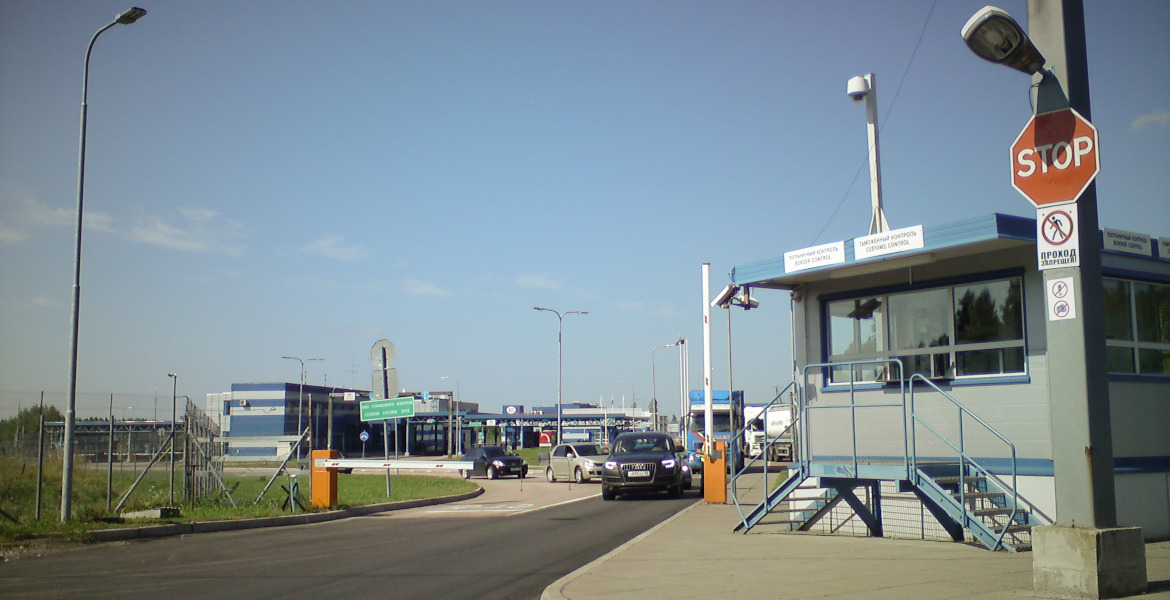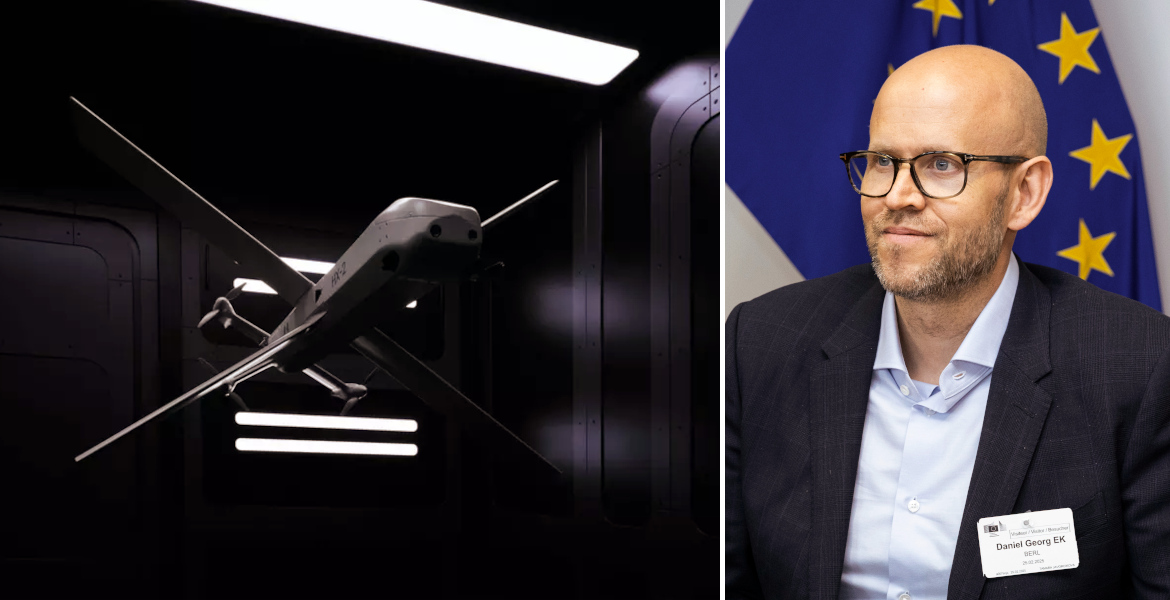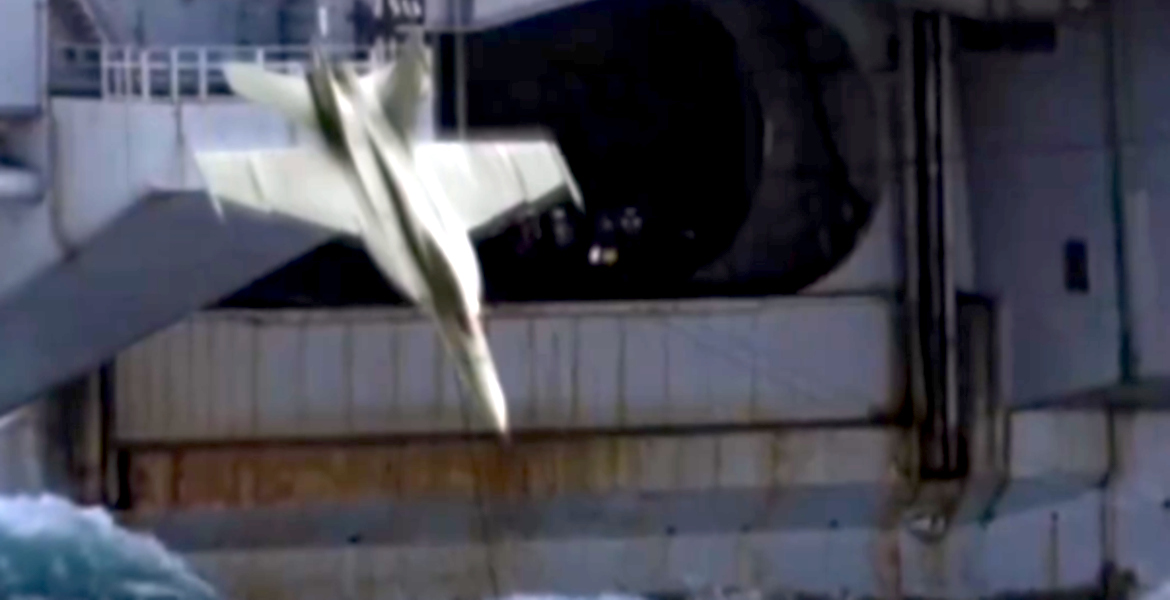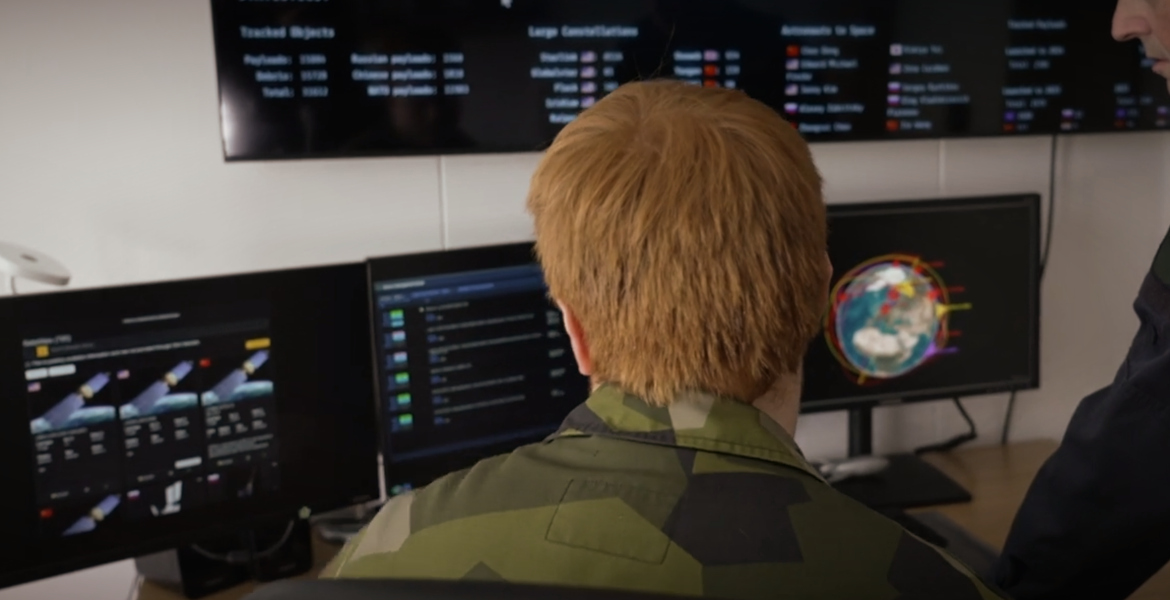The US-led military alliance NATO has warned its member countries that excessive bureaucracy is hindering troop movements through Europe, a problem that could cause significant delays in the event of a conflict with Russia.
A 'solution' being discussed is to create a 'military Schengen' – an area of free military movement, where NATO forces would not need to comply with national laws and regulations.
– We are running out of time. What we don’t get done in peacetime won’t be ready in case of a crisis or a war, said the head of NATO's logistics command JSEC, Lieutenant General Alexander Sollfrank, in an interview last week.
NATO's Joint Support and Enabling Command (JSEC) in the southern German city of Ulm started operations in 2021. Its stated task is to coordinate the rapid movement of troops and tanks across the continent and to handle logistical preparations such as storing war materials on the alliance's eastern flank.
The establishment of JSEC was a result of Russia's invasion of Ukraine in 2014 and reflected NATO's perception that, after decades of détente following the Cold War, it again needed to be ready for a war in Europe that could break out at any time.
The task of quickly deploying forces up to the size of a division with about 20,000 soldiers, and having ammunition, fuel, spare parts, and supplies in place, has become more difficult since the Cold War. While NATO and Warsaw Pact troops previously met mainly in Germany, the alliance has since expanded about 1,000 kilometers eastward, increasing the length of NATO's eastern flank to a total of about 4,000 kilometers.
"An excess of rules"
– The expanse of space, the fact that not all forces are forward-based – all this means that the alliance has to be quick in moving troops from their bases to the right spot on the eastern flank, claimed Sollfrank.
As it stands, NATO forces must consider a variety of different national regulations, ranging from the advance notice required before ammunition can be delivered to the permissible length of military convoys and disease prophylaxis.
– We have a surplus of regulations, but the one thing we don’t have is time. Russia’s war against Ukraine has proven to be a war of attrition – and a war of attrition is a battle of logistics, Admiral Rob Bauer, head of NATO's military committee, has previously stated.
Sollfrank further explained that he would like to see a 'military Schengen,' an area with free military passage similar to the political Schengen zone that allows free movement within most of the EU.




